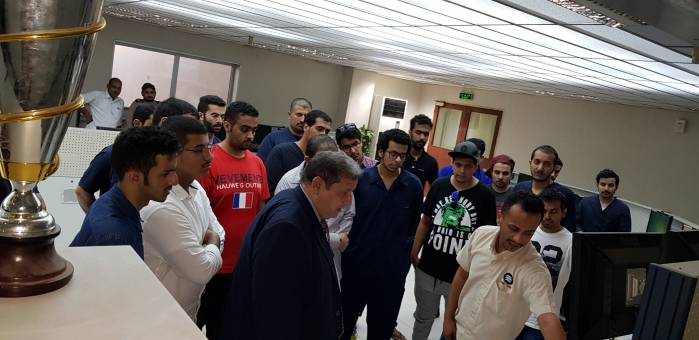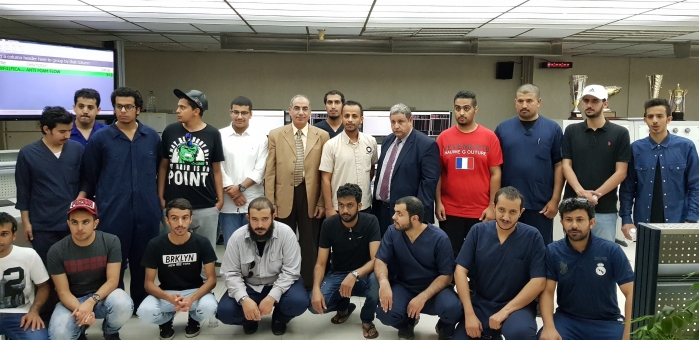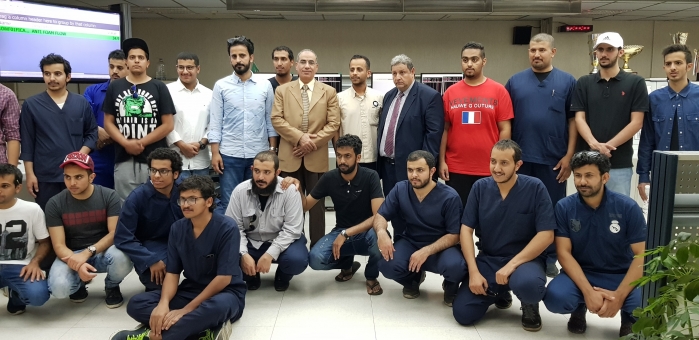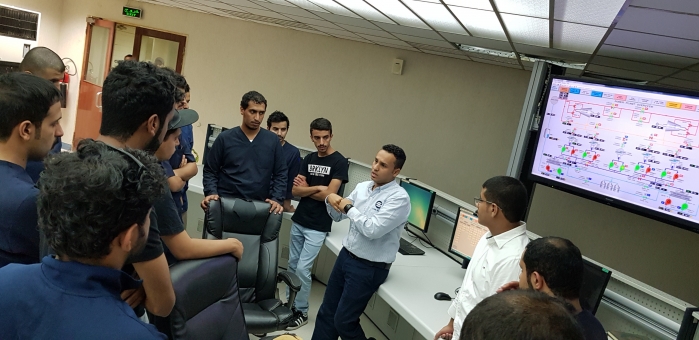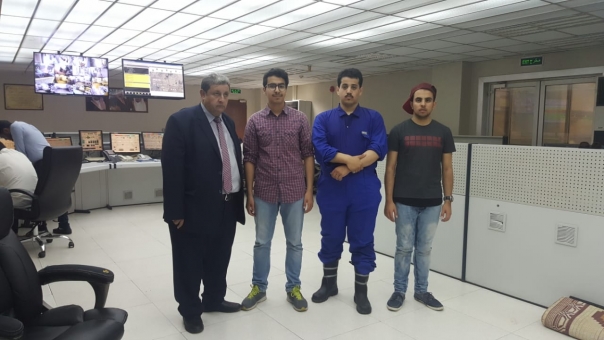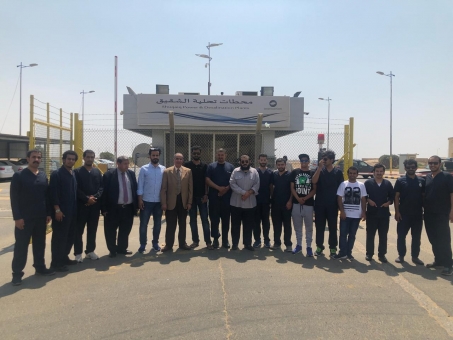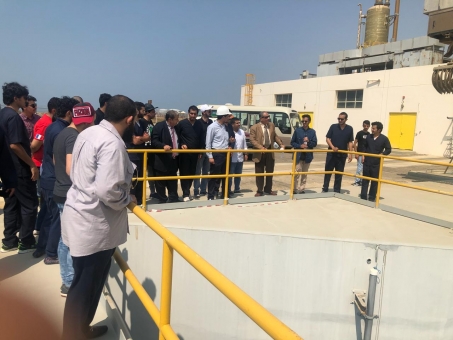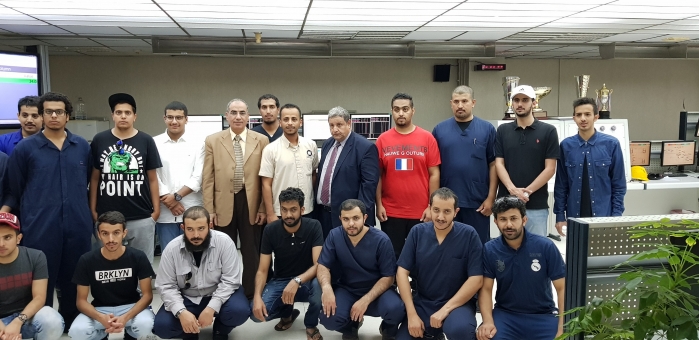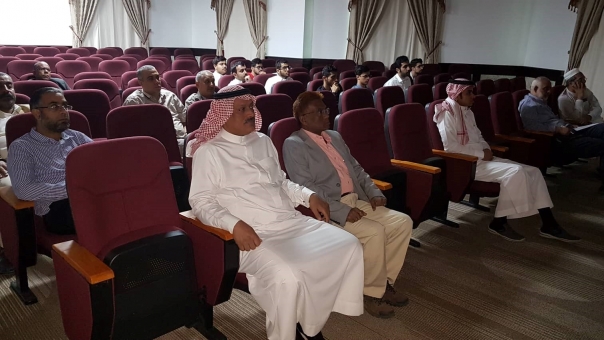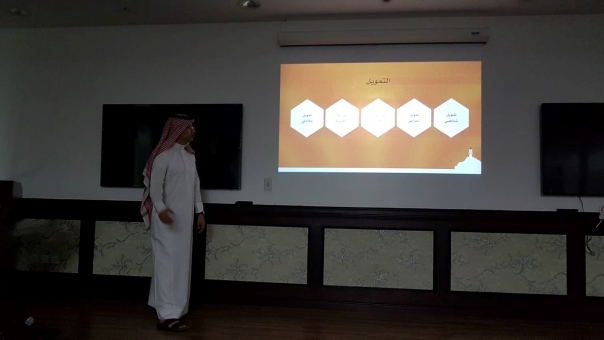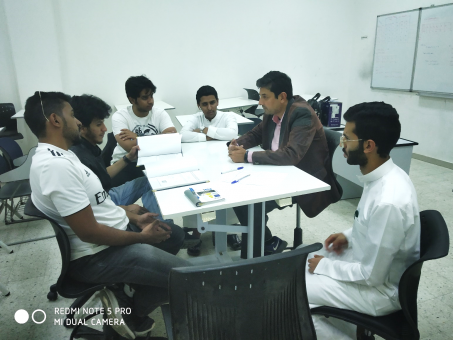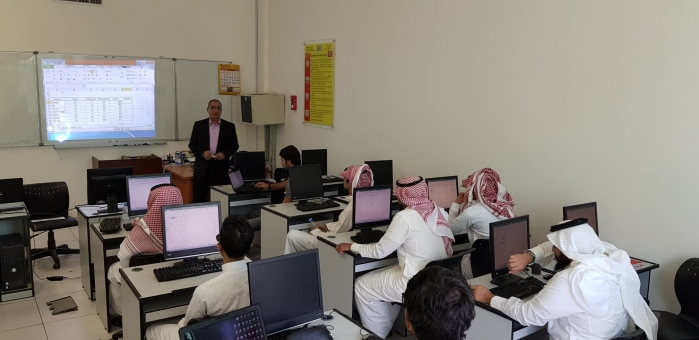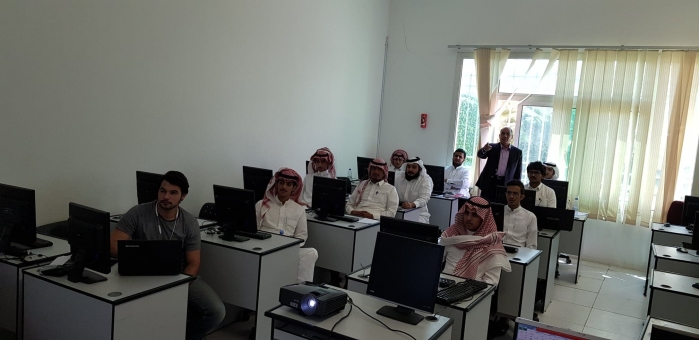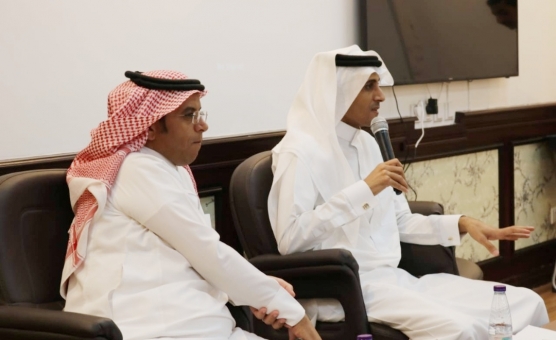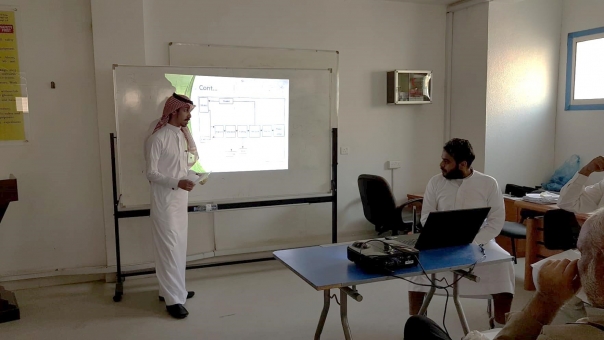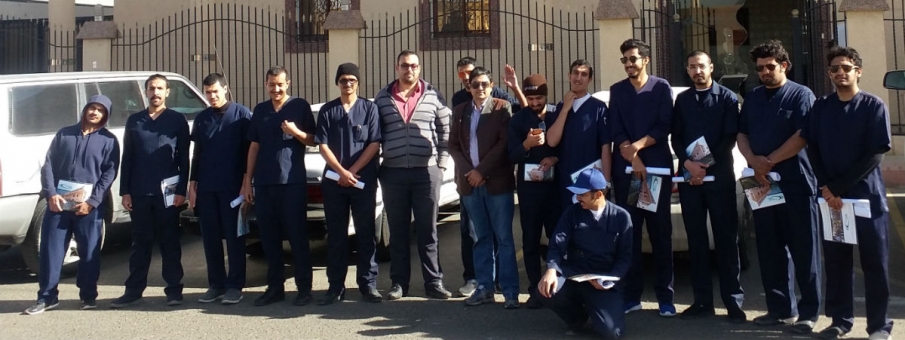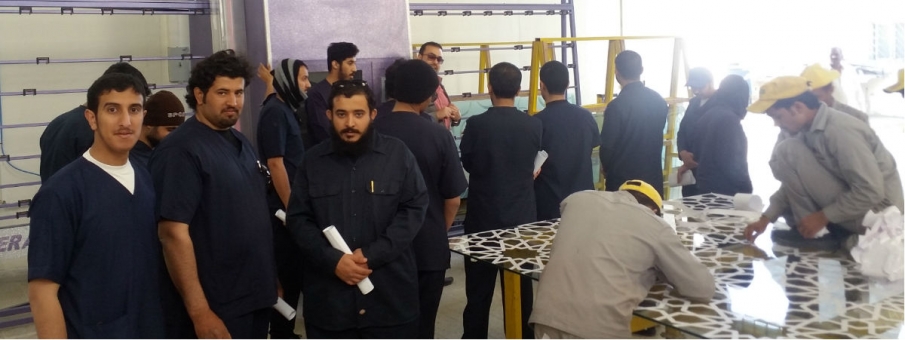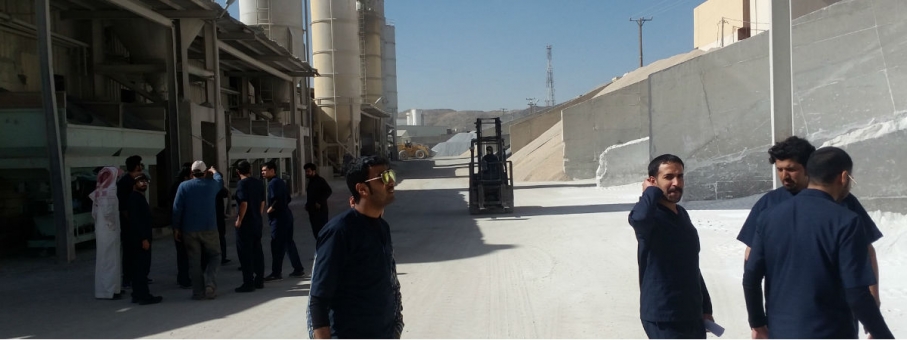A scientific seminar by Dr. Basem Abdullah Al Alwan
Biofuels Production via Catalytic Hydrocracking of DDGS Corn Oil and Hydrothermal Decarboxylation of Oleic Acid over Transition Metal Carbides Supported on Al-SBA-15
As a part of the scientific and academic activities of the Faculty of Engineering, the Department of Chemical Engineering organized a scientific seminar on Monday 15/10/2018 at 11 am, entitled “Biofuels Production via Catalytic Hydrocracking of DDGS Corn Oil and Hydrothermal Decarboxylation of Oleic Acid over Transition Metal Carbides Supported on Al-SBA-15”. The seminar was presented by Dr. Basem Abdullah Al Alwan, a member of the faculty of the Department of Chemical Engineering, and attended by a number of faculty members from the department. Dr. Basem showed the importance of producing biofuels to protect the environment from toxic emissions and to be a major contributor to fossil fuels produced in Saudi Arabia. He pointed out that biofuels can be produced by two processes, the catalytic hydrocracking process and the hydrothermal decarboxylation process. He also explained how to reduce the cost of the two processes and increase the quality of biofuels using cheap raw materials, and novel catalysts that have high and unique properties.
Bimetallic (nickel and tungsten) carbide catalysts supported on Al-SBS-15 were used in the catalytic hydrocracking process. He pointed out that these catalysts can be affected by several factors such as, the method of preparation, the metal ratio, the metal dispersion, and the formation of metal alloys. By conducting many practical experiments, the professor found that enhancing the metal dispersion and minimizing the formation of metal alloys increases the performance of the catalysts and their stability.
Several catalysts have also been used to study their abilities and activities in converting used plant oils to biofuels without the addition of hydrogen gas, which is considered a costly material, via hydrothermal decarboxylation process. He believes that this process would become the future of the biofuel industry because it could be applied and built in any part of the world since it does not need hydrogen gas supplies. He explained how hydrogen gas can be in-situ generated through the hydrolysis of plant oils without the need to an external hydrogen source.
This seminar was appreciated by the faculty members of the department of Chemical Engineering, and they expressed their interest and admiration, wishing Dr. Basem Al Alwan more success and brilliance.
Source: Dr. Atef Jery - Chemical Eng. Department
English




